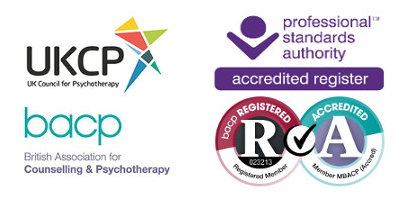How you feel about yourself is a major factor in the quality of your intimate relationships. Trouble in a relationship almost always involves a problem with self-esteem.
Self-worth is a natural product of receiving appropriate validation, attention and approval as we are growing up. You need to be confident about your competence, your mastery of the world. Beyond that, you need to feel that you are loveable, someone that others would want to be close to – competent or not – just by virtue of existing.
 Most of the shadows of this life are caused by standing in one’s own sunshine.
Most of the shadows of this life are caused by standing in one’s own sunshine. – Ralph Waldo Emerson
– Ralph Waldo EmersonWhen you don’t have a lot of self-confidence you tend to be so preoccupied with questions of self-worth that when you interact with someone else, especially someone who is important to you, you may not perceive what is going on very accurately. Questions like:
-
Am I good enough?
Will he like me?
Will she want me?
Do my feelings matter?
Am I safe?
Will I be attacked?
Will I be hurt?
Will I be laughed at or humiliated?
Is it safe to ask?
One of the things we have to do to develop our sense of self and greater self-esteem is to accept who we actually are, as opposed to who we are trying to fool ourselves or other people into thinking we are. This means experimenting, trying on different hats and finding out which one feels comfortable, exploring new activities to see which we enjoy and are suited to, taking chances, opening ourselves up a step at a time, allowing ourselves successes as well as failures, seeing mistakes and crises as opportunities to learn and grow. For many of us it means abandoning the belief that the alternative to being perfect is being awful.
Another thing that contributes to low self-esteem is having a feeling and at the same time a rule against it. You end up feeling ‘defective’ because you’re feeling the ‘wrong’ thing. This is when you need to examine the early messages you got from family, friends and the wider society.
 The snow goose need not bathe to make itself white. Neither need you do anything but be yourself.
The snow goose need not bathe to make itself white. Neither need you do anything but be yourself. – Lao Tzu
– Lao TzuIt’s often not what is said that determines what happens, but what we read into an interaction. A smile that seems friendly to you may seem condescending to me. A criticism that I intend as helpful information may knock you for six! So much depends on whether we have a solid sense of ourselves as worthwhile. If I feel good about myself I can value my partner for his unique qualities. If I feel badly about myself I may, for example, need my children to help me feel good about myself, thus require them not to be different or individual or to show initiative.
When our self-esteem is solid the people close to us don’t have to be an extension of us, so we don’t see difference as an attack nor independence as a danger. Instead of competing with our partner or suspecting them of blaming us, we can find them interesting.
When our self-esteem has not been fostered in our childhood, we may look for surrogate parents everywhere – friends, partners, employers – whose approval we crave and whose criticism we dread. People addicted to falling in love are often seeking someone they can be loved by, because they don’t much love themselves and they’re under the illusion that another person can cure their sense of inadequacy.
Among the positive attitudes we need to instill in ourselves are:
- I exist, I am a human being unti myself, I am not my mother and I am not my father, I am me, I am unique, by virtue of being born I’m entitled to exist.
- I need, by virtue of existing I have needs, I’m entitled to have my needs, I will not submerge my identity in solely meeting other people’s needs, I am in charge of myself and I will not wait for someone to take care of me.
- I am entitled, I deserve to pursue what I need in order to be happy, to be imperfect and to ask for help.
- I am loveable, though I have unattractive qualities and you may not love me, and I am entitled to be honest about who I am rather than only present my defences to the world.
- I am good enough I may well need help, I am certain to make mistakes and I can learn from them.
- I am worth it.




